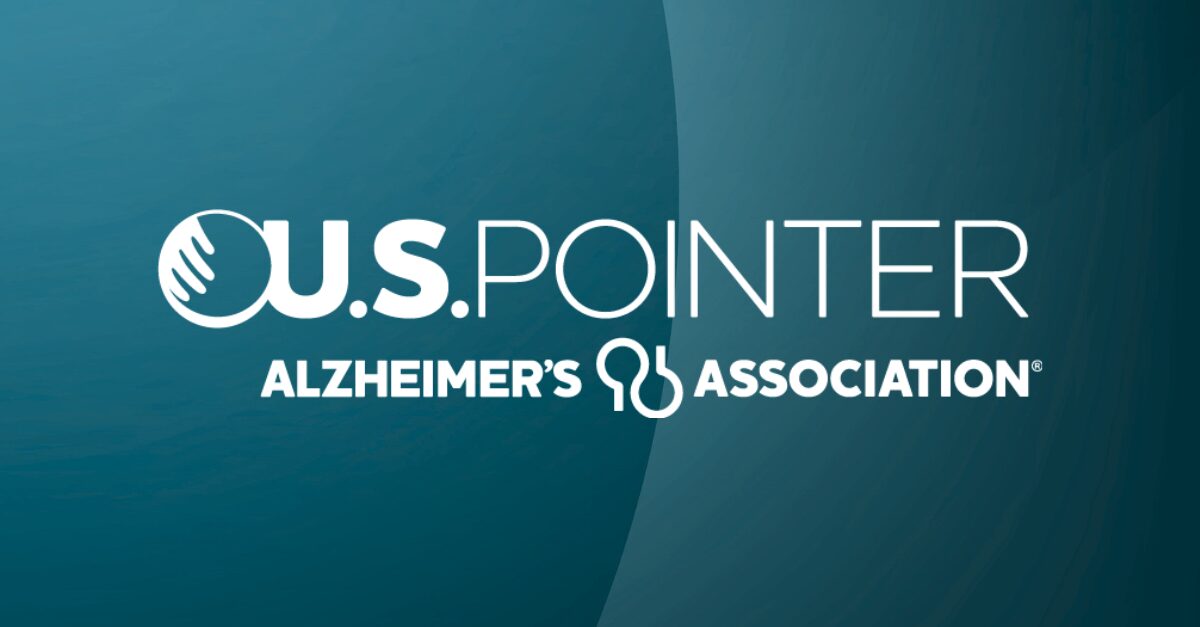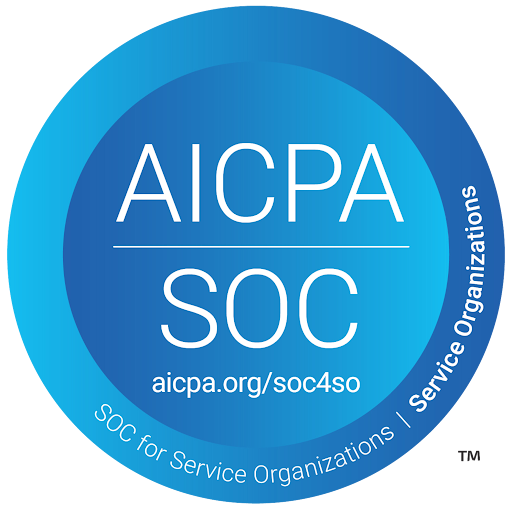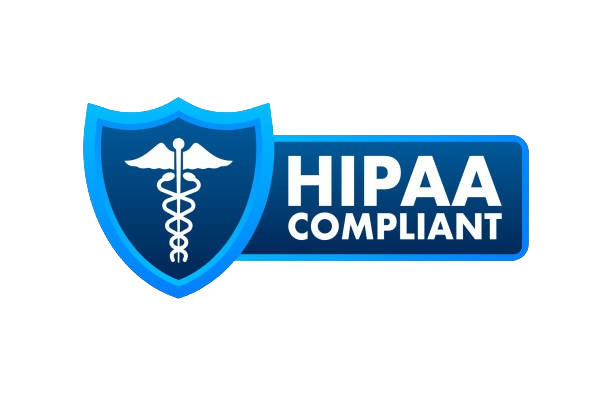About Leqembi
Leqembi is the first of (very likely) many forthcoming drugs that will be revolutionizing the landscape of early stage Alzheimer’s disease. With its traditional (full) FDA approval come new questions from our patients and community surrounding its availability, manufacturer, purchasing options, working mechanism, insurance coverage, and comparisons with other medications. Our doctors here at Isaac Health have compiled this FAQ to help provide clarity and direction as the health industry ramps up prescribing. Please check this page periodically for updates as the industry learns more about these new drugs.
When will Leqembi be available?
Leqembi is available now. It launched earlier this year under an accelerated approval, but has full FDA approval for use as of July 6, 2023. Patients can inquire about the availability of Leqembi through their healthcare providers and if they meet the eligibility criteria for appropriate use.
Which pharmaceutical company makes Leqembi?
Leqembi is a therapeutic antibody developed and manufactured by a pharmaceutical company called Eisai in collaboration with Biogen. Since 2014, Eisai and Biogen have dedicated extensive research and resources to create this groundbreaking drug for mild cognitive impairment and mild dementia due to Alzheimer’s disease, collectively known as “early Alzheimer’s disease”.
Where to buy Leqembi?
Leqembi is a prescription medication and it is not available for purchase directly from pharmacies. To obtain Leqembi, individuals must consult with their healthcare providers or specialists who have the authority to prescribe and dispense the medication.
What does Leqembi do and how does it work?
Leqembi, also known as Lecanemab, is designed to slow down the progression of early Alzheimer’s disease. It works by targeting beta-amyloid plaques, which are abnormal protein deposits that accumulate in the brains of individuals with Alzheimer’s disease dementia. By reducing the buildup of these plaques, Leqembi aims to preserve cognitive function and delay the decline associated with the disease. Leqembi is administered through intravenous (IV) infusion exclusively at National Infusion Center Association (NICA) registered infusion centers.
Is Leqembi covered by insurance or Medicare?
The coverage of Leqembi will be limited upfront, though Eisai has stated that it will be providing financial assistance to some individuals based on need. The coverage determination that has been shared from the Centers for Medicare and Medicaid Services provides 80% coverage only to patients receiving the drug as part of an approved registry to better understand the long term risks and benefits of this class of drugs. Additionally, healthcare providers such as Isaac Health and our care specialists can assist in verifying details of insurance coverage and exploring other potential options for covering the expense of Leqembi.
Additional information for payers is available here.
What’s the difference between Leqembi and Donanemab?
Leqembi and Donanemab are both drugs developed to address early Alzheimer’s disease, but they belong to different classes. Leqembi is an antibody therapy that targets a specific form of beta-amyloid, while Donanemab is an antibody that attacks a different element of beta-amyloid and may also have a demonstrable impact on lowering levels of tau protein in the brain which is another abnormal protein involved in Alzheimer’s disease. Both drugs have shown promise in clinical trials in reducing the total burden of amyloid plaques in the brain, but they may ultimately differ in terms of efficacy, safety profiles, and eligibility criteria. The clinical trial data for donanemab has been published, which we summarize here. Consultation with healthcare professionals will be essential in determining the most suitable treatment option for each individual, especially if donanemab becomes the second promising anti-amyloid drug to receive full FDA approval.
What’s the difference between Leqembi and Aduhelm?
Leqembi and Aduhelm (aducanumab) are both drugs developed for early stage Alzheimer’s disease. Leqembi targets beta-amyloid plaques, similar to Aduhelm. However, there are some differences in terms of their mechanisms of action, effectiveness, and potential side effects. It’s important to consult with an Alzheimer’s-experienced specialist to understand the specific characteristics and considerations of each medication and determine the most appropriate option based on individual circumstances. We also reviewed their similarities and differences in an earlier blog post here.
Please note: The information provided here is for general informational purposes only and should not replace professional medical advice. Consultation with healthcare professionals is essential for personalized guidance and decision-making regarding treatment options.
As always, don’t hesitate to contact us to talk more about your options when it comes to brain health.








